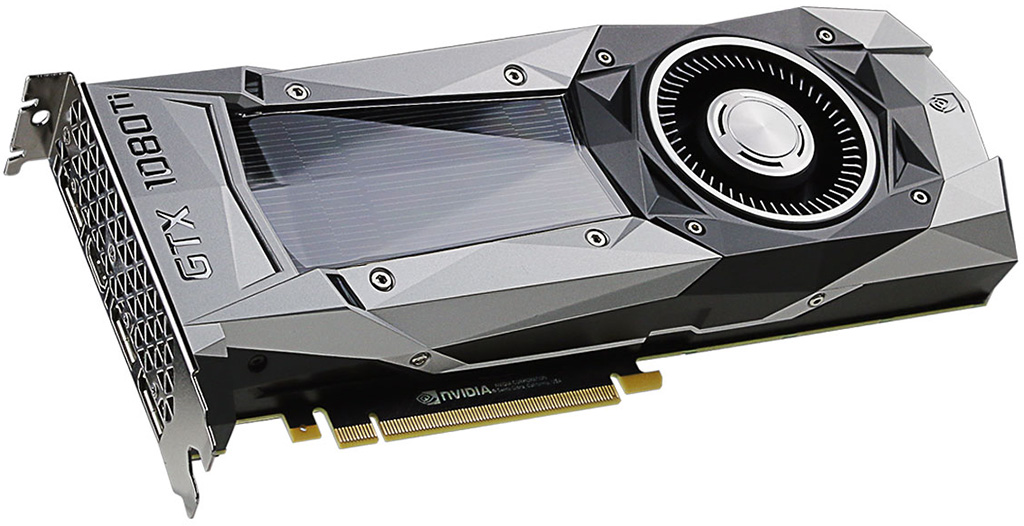Nvidia's GeForce affiliate program is drawing anti-consumer criticism
More drama in the GPU world.

As if there wasn't enough controversy brewing in the graphics card sector, Nvidia is being accused of pushing a new affiliate program that could ultimately hurt consumers.
The allegation of what amounts to anti-competitive behavior comes from an investigative report by Kyle Bennett at HardOCP. Adding a bit of intrigue to the whole situation, Bennett says he was tipped to the situation by AMD, which had apparently been shopping the story to other sites. So what exactly is going on?
Nvidia stated in a blog post last week that in an "effort to better serve gamers," it was introducing a GeForce Partner Program (GPP).
"The GeForce Partner Program is designed to ensure that gamers have full transparency into the GPU platform and software they’re being sold, and can confidently select products that carry the NVIDIA GeForce promise," Nvidia wrote.
What this means for graphics card manufacturers and OEMs that decide to participate is early access to products, enhanced marketing efforts, social media buzz, and other perks. Nvidia stresses that participation is not mandatory, and that its partners can drop out of the program whenever they want.
So far, so good. When AMD first presented Bennett with the story, he found there wasn't really anything there. However, after digging deeper, he uncovered some concerns and ultimately came to the conclusion that Nvidia's partner program would "greatly, and negatively, impact consumer choice," which would effectively be "decimated."
One of the main issues Bennett raises is that one of the requirements calls for partners to align their gaming brands exclusively with GeForce. To use Asus as an example (and it's not clear if Asus is going to participate), it would no longer be able to sell both Nvidia and AMD graphics cards under its Republic of Gamers (ROG) brand, only GeForce cards.
Keep up to date with the most important stories and the best deals, as picked by the PC Gamer team.
Bennett also claims that of the companies willing to speak with him anonymously on the subject, they all voiced the same exact concern—that Nvidia would hold back allocation of GPUs if they chose not to participate.
"From all we have talked to, the issue of not allocating GPU inventories to non-GPP partners have not been spelled out contractually, but is rather done on a wink and a nod," Bennett said.
That's on top of losing out on things like early tech engagement, game bundles, sales rebate programs, PR support, and other benefits.
Communication between Bennett and Nvidia seems to be non-existent at this point. When Forbes pinged Nvidia about the situation, Nvidia referred back to its blog post, and in particular the part that says "the program isn't exclusive. Partners continue to have the ability to sell and promote products from anyone." Nvidia also told Forbes that "the program is transparent and beneficial to gamers, and we have nothing further to add at this time."
Paul has been playing PC games and raking his knuckles on computer hardware since the Commodore 64. He does not have any tattoos, but thinks it would be cool to get one that reads LOAD"*",8,1. In his off time, he rides motorcycles and wrestles alligators (only one of those is true).


